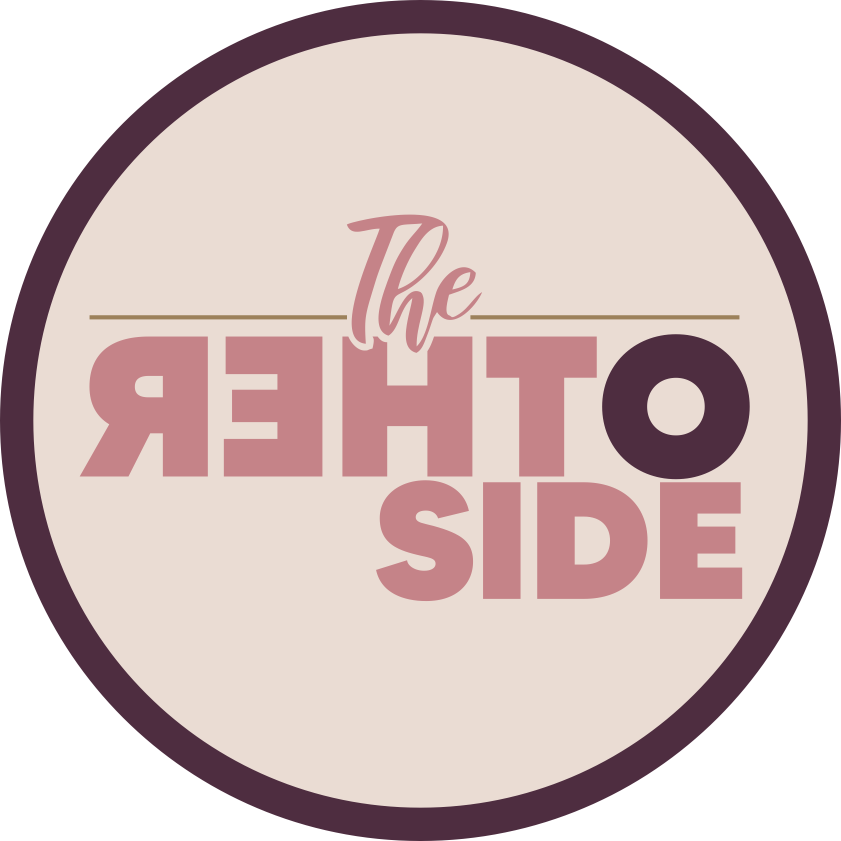The Trouble with Anxious Attachment
It’s difficult to indulge in any form of media without stumbling upon an article or video that exposes a psychological challenge and provides some solution to the problem. Pop psychology is on the rise due to an increase in suffering, we the “experts” are trying to do all we can to help as many people as we can, and one of the greatest causes of suffering is relationship abuse.
In my practice I specialize in recovery from narcissistic abuse and I’ve come to understand that people, largely women, who have suffered abuse aren’t victims, they’ve chosen their abuser(s), and ultimately their abuse. I know, you may be asking the question, ‘why would someone choose abuse?’, and my answer to that is they’re not making a conscious and active choice, but rather one from the subconscious.
Ages ago, people who studied the mind discovered the power of the unconscious has to take control of our lives, and in the last century, a psychologist, Carl Jung said, “until you make the unconscious conscious, it will direct your life and you will call it fate”. What this means for you is you are likely being controlled by unconscious drivers that have highjacked the brain and lead you to do things you don’t truly want to do. It’s evident when you look at your life and you find yourself stuck in patterns and cycles that are taking you away from where you want to be.
In the case of relationship abuse, many women are stuck in cycles of abuse and they don’t know how to get out. They keep choosing the same man with a different name over and over again. This isn’t destiny, or the way it’s supposed to be, it’s a matter of sleepwalking, and when one awakes and becomes conscious of their unconscious motivations and choices, they become equipped to make satisfying choices and to ultimately win in life. This is the power of my work as a therapist, I help people to discover themselves and to win.
Attachment style is one of those unconscious motivations. From childhood, we were all placed into one of four attachment styles that are categorized as either secure or insecure. The insecure attachment styles are anxious, avoidant, or disorganized. Most of us in the insecure category fall into either anxious or avoidant. If you’ve done the work of discovering your attachment style, and you’ve determined you’re an anxious type, studies have shown you are more likely to enter into and remain in abusive relationships than any other attachment style.
The main characteristics of anxious attachment are preoccupation with romantic relationships, a deep belief of not being good enough for healthy love, and fear of abandonment. Typically, this looks like rushing into relationships and spending an excessive amount of time in the company of the other person or thinking about them, fantasizing about a future with this person without any evidence they can fulfill the fantasy, and engaging in performative behavior like cooking, cleaning, or buying things to prove worth. The anxiously attached is so focused on being chosen, they are unaware of their capacity to choose; being chosen is the goal, by whatever means necessary. This is what makes the anxiously attached so susceptible to abuse of all forms.
Attachment style is not a death sentence, the good news is, we can do the work to change it. It does require work, which is no walk in the park. With healthy introspection and a significant amount of trial and error, you can move from being insecurely attached, to securely attached. The purpose of secure attachment from childhood isn’t to find a secure mate, but to lead to an adulthood with security in yourself. As a child, you saw yourself as a reflection of your interactions with others. Now that you’re all grow up, you can learn to see yourself through a different lens that requires more of your own input and judgement. When you believe you’re good enough, worthy enough, and capable enough for anything, you won’t settle for anything less and you’ll naturally become more securely attached to yourself and to others.




